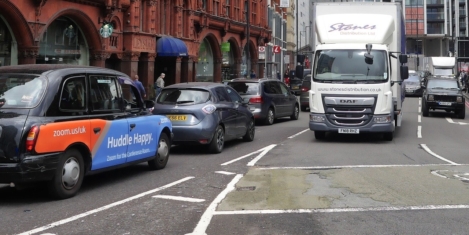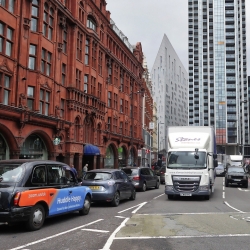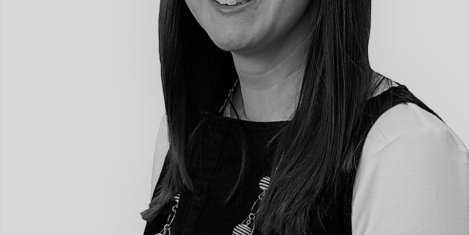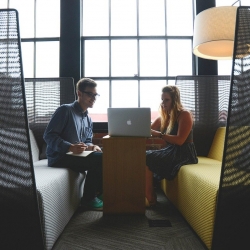February 4, 2020
Worst things bosses have said to employees dealing with cancer
 It’s not unreasonable for an employee diagnosed with cancer to look to their employer for assistance, but according to one support organisation, many employers handle the situation incredibly tactlessly. To coincide with World Cancer Awareness Day today, RedArc, which provides nurses for employees with serious or long-term health conditions, has issued a list of the worst things people with cancer reported hearing from their managers. Over the past year, its nurses logged statements such as, “Perhaps you should retire”, “You’ve had your treatment now, so you should be fine” and “How long will you be off?” (more…)
It’s not unreasonable for an employee diagnosed with cancer to look to their employer for assistance, but according to one support organisation, many employers handle the situation incredibly tactlessly. To coincide with World Cancer Awareness Day today, RedArc, which provides nurses for employees with serious or long-term health conditions, has issued a list of the worst things people with cancer reported hearing from their managers. Over the past year, its nurses logged statements such as, “Perhaps you should retire”, “You’ve had your treatment now, so you should be fine” and “How long will you be off?” (more…)









 Outdoor workers in the capital are exposed to 15 percent more pollution than the average Londoner, new
Outdoor workers in the capital are exposed to 15 percent more pollution than the average Londoner, new 




 Policy makers should resist claims by Uber that its drivers fall into a middle ground between traditional employees and independent contractors, a new study says. The research report,
Policy makers should resist claims by Uber that its drivers fall into a middle ground between traditional employees and independent contractors, a new study says. The research report, 
 Communicating a business’s “employee value proposition” or EPV – the package of rewards that it offers in return for the person’s performance at work – is having an increasingly positive impact on employee engagement, retention and recruitment, research has claimed.
Communicating a business’s “employee value proposition” or EPV – the package of rewards that it offers in return for the person’s performance at work – is having an increasingly positive impact on employee engagement, retention and recruitment, research has claimed. 


 Policy makers should beware of classifying all gig economy workers as “employees”, a new research report has claimed. Such workers vary in age, income and education in a similar way to the traditional workforce and crafting regulations that treat both fully committed and occasional gig workers as one group is unlikely to be an efficient solution, the
Policy makers should beware of classifying all gig economy workers as “employees”, a new research report has claimed. Such workers vary in age, income and education in a similar way to the traditional workforce and crafting regulations that treat both fully committed and occasional gig workers as one group is unlikely to be an efficient solution, the 




 Getting on well with colleagues gives workers greater job satisfaction than having a good salary, new research has claimed. “
Getting on well with colleagues gives workers greater job satisfaction than having a good salary, new research has claimed. “








January 29, 2020
Don`t believe what you read about wellbeing, except this
by Mark Eltringham • Comment, Wellbeing, Workplace, Workplace design